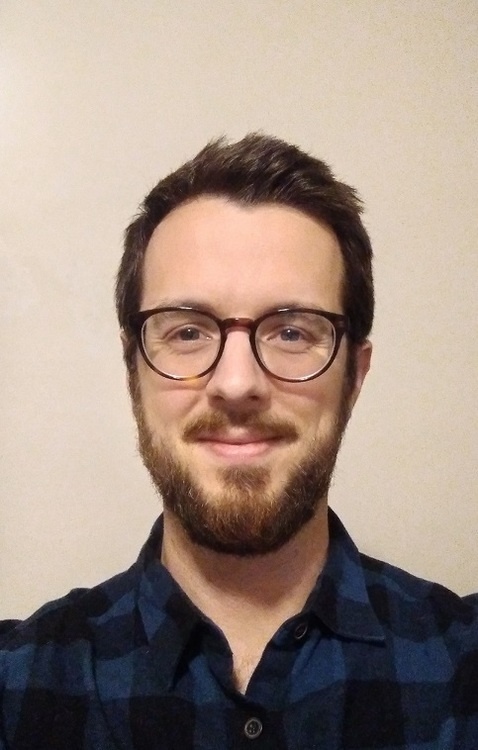
SCSB Lunch Series: Probing the cortical circuits that prevent sensory overload
Description
Date: Friday, February 11, 2022
Time: 12:00pm – 1:00pm
Location: Zoom meeting – https://mit.zoom.us/j/95876605075
Speaker: Alex Major, Ph.D.
Affiliation: Simons Postdoctoral Fellow, Earl Miller Laboratory, Picower Institute for Learning and Memory, MIT
Host: Dr. Earl Miller
Talk title: Probing the cortical circuits that prevent sensory overload
Abstract: Sensory overload in autism spectrum disorder (ASD) may result from disrupted filtering of predicted sensory inputs. Our Predictive Coding model of brain function suggests sensory information is carried by gamma rhythms in the upper layers of the cortex. In contrast, alpha/beta rhythms are in deep layers and may suppress gamma rhythms of predicted sensory input. We hypothesize feedback prediction signals in ASD are deficient, manifesting as reduced alpha/beta rhythms. This causes less suppression of incoming sensory input and gamma, leading to sensory overload. We have developed a technique to simulate sensory overload in rhesus monkeys by suppressing deep layers of prefrontal cortex. This is hypothesized to decrease feedback alpha/beta activity and thus disinhibit gamma activity and sensory input. This will directly test a mechanism of sensory overload, perhaps leading research towards improved symptom management.

